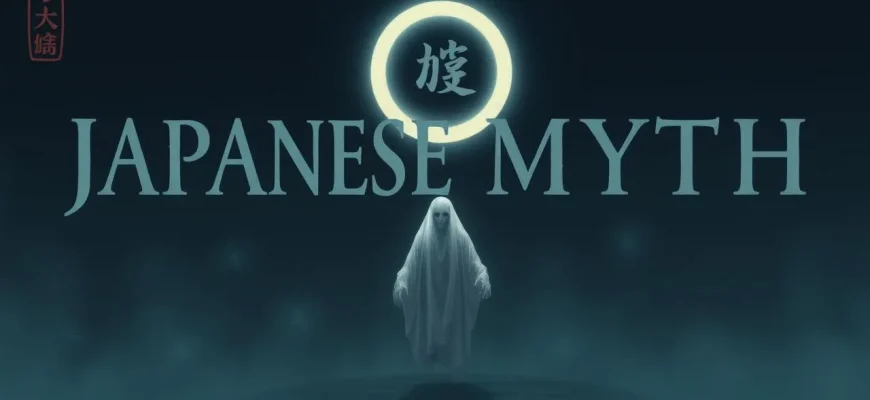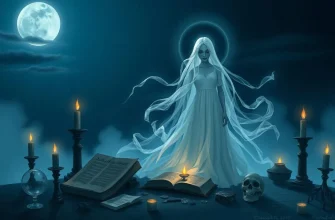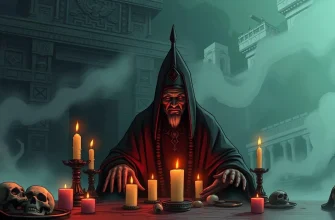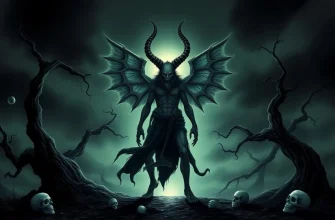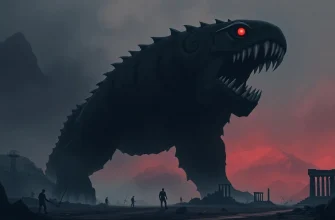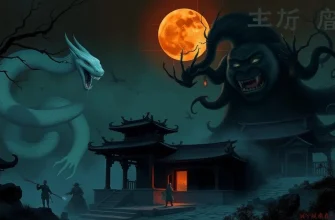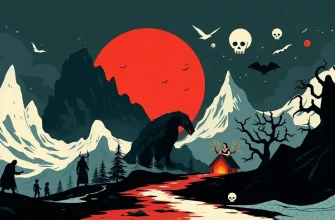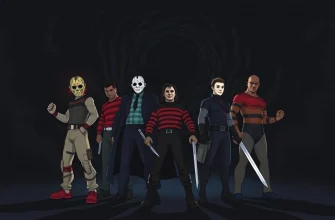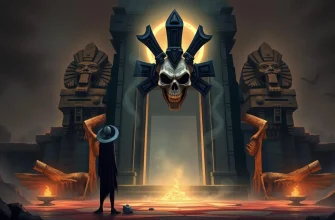Japanese folklore is rich with tales of ghosts, demons, and other supernatural beings, making it a fertile ground for horror cinema. This curated list of 10 films delves into the eerie and often terrifying aspects of Japanese mythology, offering a unique blend of cultural storytelling with spine-chilling horror. From vengeful spirits to cursed objects, these movies provide a chilling exploration of Japan's dark folklore, perfect for fans of horror seeking something beyond the usual Western fare.

Ju-on: The Grudge (2002)
Description: Ju-on explores the curse of a house where a woman and her child were brutally murdered, creating a grudge that haunts anyone who enters. This film uses the concept of onryo to chilling effect.
Fact: The film's unique non-linear narrative structure was a fresh take on horror storytelling, influencing many subsequent horror films.
 Watch Now
Watch Now 
The Curse (2005)
Description: Presented as a documentary, this film follows a paranormal investigator uncovering a curse linked to a demon from Japanese folklore, offering a unique found-footage horror experience.
Fact: The film's realistic approach and the use of actual folklore make it one of the most convincing found-footage horror films.
 Watch Now
Watch Now 
Dark Water (2002)
Description: A tale of a single mother and her daughter who move into an apartment with a dark secret, involving a ghostly child and water as a conduit for the supernatural. It delves into themes of loss and maternal love.
Fact: The film was remade in Hollywood, but the original captures the eerie, subtle horror of Japanese ghost stories better.
 30 Days Free
30 Days Free 
Tetsuo: The Iron Man (1989)
Description: While not strictly based on folklore, this cyberpunk horror film explores themes of transformation and body horror, reminiscent of the grotesque transformations in Japanese myth.
Fact: The film's director, Shinya Tsukamoto, is known for his experimental style, making Tetsuo a cult classic.
 30 Days Free
30 Days Free 
The Ring (1998)
Description: This film, which inspired an American remake, revolves around a cursed video tape that kills viewers seven days after watching it. It's deeply rooted in the Japanese concept of onryo, or vengeful spirits.
Fact: The film was so successful that it led to a franchise including sequels and remakes. The original Japanese version is considered more atmospheric and terrifying than its Hollywood counterpart.
 30 Days Free
30 Days Free 
Pulse (2001)
Description: Pulse intertwines technology with Japanese ghost lore, where ghosts use the internet to invade the world of the living, exploring themes of isolation and the afterlife.
Fact: The film's director, Kiyoshi Kurosawa, is known for his slow-burn horror style, making the supernatural elements even more unsettling.
 30 Days Free
30 Days Free 
Reincarnation (2006)
Description: A film crew recreating a real-life murder finds themselves reliving the events, with the curse of reincarnation at the heart of the horror.
Fact: Directed by Takashi Shimizu, known for his work on Ju-on, this film explores the concept of reincarnation in a terrifying manner.
 30 Days Free
30 Days Free 
Premonition (2004)
Description: A psychic's predictions of gruesome deaths come true, leading to a chilling investigation into the supernatural and fate.
Fact: The film's use of premonition as a horror element adds a layer of inevitability to the scares.
 30 Days Free
30 Days Free 
Kwaidan (1964)
Description: An anthology of four ghost stories from Lafcadio Hearn's collection, each exploring different aspects of Japanese folklore and ghost stories.
Fact: This film won the Special Jury Prize at the Cannes Film Festival, showcasing the global appeal of Japanese horror.
 30 Days Free
30 Days Free 
The Great Yokai War (2005)
Description: A young boy is chosen to fight against an evil yokai, showcasing a variety of creatures from Japanese folklore in a battle for the fate of the world.
Fact: Directed by Takashi Miike, known for his eclectic and often extreme films, this movie brings folklore to life in a visually stunning way.
 30 Days Free
30 Days Free 
